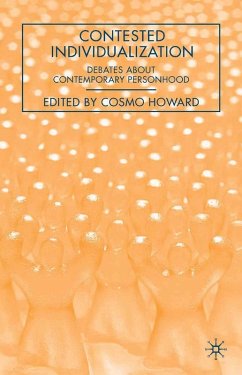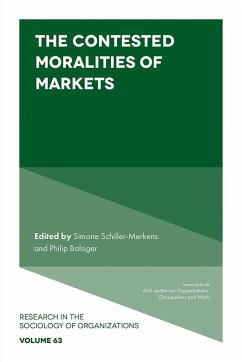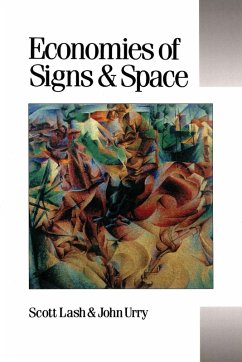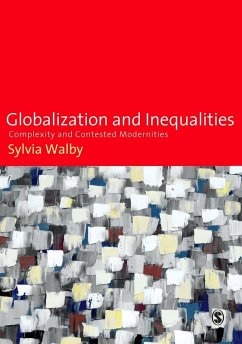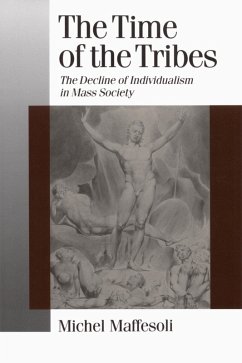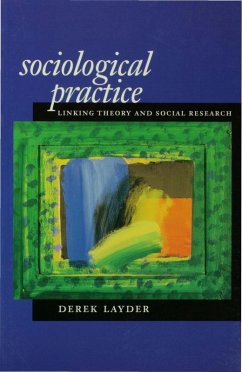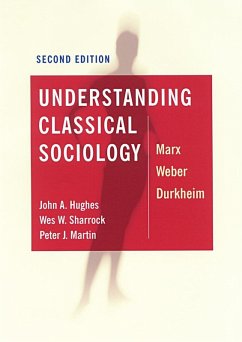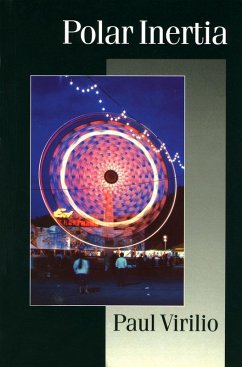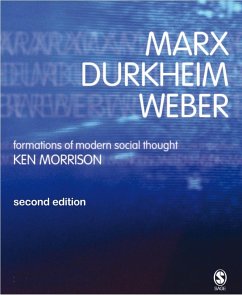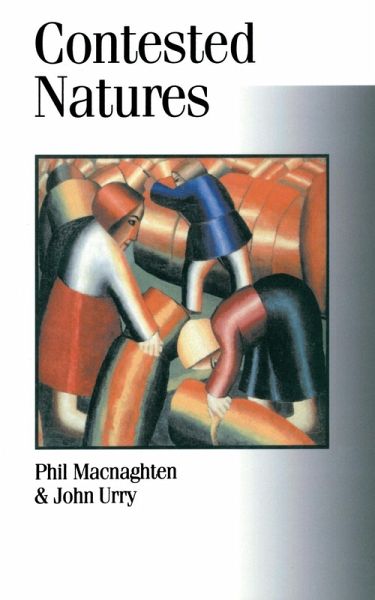
Contested Natures (eBook, PDF)
Versandkostenfrei!
Sofort per Download lieferbar
55,95 €
inkl. MwSt.
Weitere Ausgaben:

PAYBACK Punkte
28 °P sammeln!
Demonstrating that all notions of nature are inextricably entangled in different forms of social life, the text elaborates the many ways in which the apparently natural world has been produced from within particular social practices. These are analyzed in terms of different senses, different times and the production of distinct spaces, including the local, the national and the global.The authors emphasize the importance of cultural understandings of the physical world, highlighting the ways in which these have been routinely misunderstood by academic and policy discourses. They show that popul...
Demonstrating that all notions of nature are inextricably entangled in different forms of social life, the text elaborates the many ways in which the apparently natural world has been produced from within particular social practices. These are analyzed in terms of different senses, different times and the production of distinct spaces, including the local, the national and the global.
The authors emphasize the importance of cultural understandings of the physical world, highlighting the ways in which these have been routinely misunderstood by academic and policy discourses. They show that popular conceptions of, and attitudes to, nature are often contradictory and that there are no simple ways of prevailing upon people to `save the environment'.
The authors emphasize the importance of cultural understandings of the physical world, highlighting the ways in which these have been routinely misunderstood by academic and policy discourses. They show that popular conceptions of, and attitudes to, nature are often contradictory and that there are no simple ways of prevailing upon people to `save the environment'.
Dieser Download kann aus rechtlichen Gründen nur mit Rechnungsadresse in A, D ausgeliefert werden.




